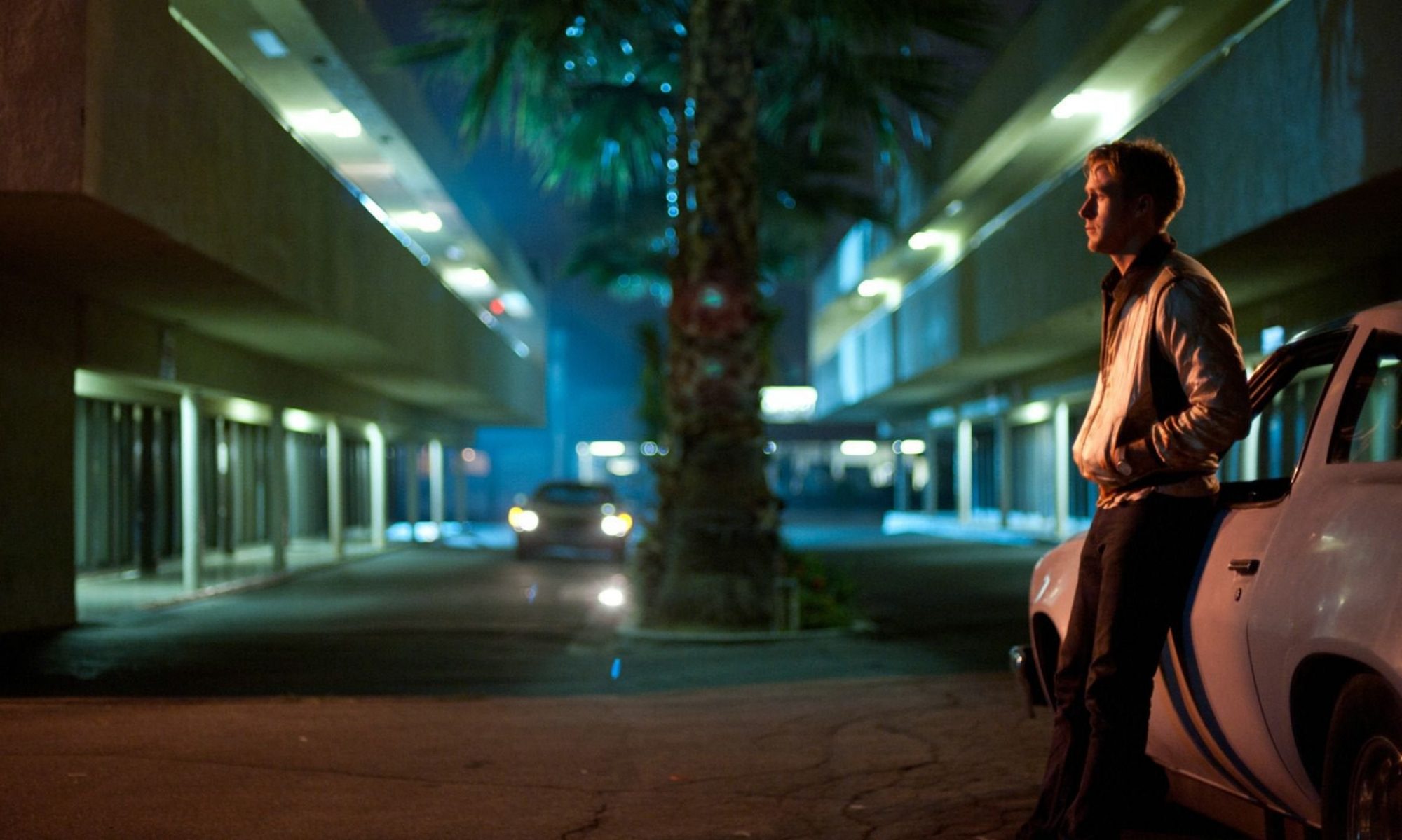To say that Chris Weitz’s The Golden Compass was disappointing would be an understatement. It ripped away all the religious themes that made the book great, and it also committed the crime of altering the book’s sad ending. As a director working from prose, you’re inevitably going to have to condense the text, prioritising some elements and getting rid of others. Admittedly, from a commercial point of view, the film almost certainly wouldn’t have performed as well worldwide if it hadn’t removed some of the book’s controversial ideas. But there’s still nothing to justify that changed ending. Roger needed to die not only to bring the narrative to its cathartic close, but also to set up the Land of the Dead storyline that forms a major part of Philip Pullman’s third and final entry. Perhaps the only major outcome of The Golden Compass was its shiny cover in Empire Magazine that ultimately led me to subscribe to the publication.
The decision to adapt Pullman’s His Dark Materials trilogy on the small screen, (added to the lucrative financial means provided by HBO), was a smart one. However much effort you spend, I couldn’t imagine any of the novels being dutifully rendered in such a short space of time. At the time of watching The Golden Compass, I couldn’t even imagine anyone being able to make a competent adaptation of ‘The Subtle Knife’ or, particularly, ‘The Amber Spyglass’. How could they do the angels properly? How on earth could they depict the Mulefa?
But I’m happy to say that, in all instances, my concerns were proved wrong. The show’s worldbuilding and characterisation are supremely well done, the latter factor no doubt in part to some stellar acting. The only work I’d seen Dafne Keen in before His Dark Materials was James Mangold’s broody work Logan, where she conveyed hurt and anguish with minimal dialogue. So it was no surprise that her portrayal of the steadfast and curious Lyra Belacqua was suitably great. While Dakota Blue Richards’ depiction of Lyra in The Golden Compass was satisfactory, it wasn’t much more than that. Similarly with Nicole Kidman’s Mrs Colter in the same film, the acting is nothing more than average.
With Ruth Wilson’s interpretation, however, her character’s moral complexities are wonderfully articulated with some extra support from her emotive, unnamed daemon pal. How can CGI golden monkeys invoke so much feeling? All the VFX work from Russell Dodgson is incredibly impressive. Stoic panserbjørn Iorek Byrnison is also a beautiful creation; he’s a tough leader, but he’s also a lil’ cute teddy bear (I wanted to stroke him a lot of the time, even though my hand would likely be bitten off).
Anyway, onto the actual plot, which I’ve delayed with Golden Compass-bashing and animated animal-admiring. Lyra is currently being held by Mrs Coulter while Will seeks to save her, with a great war brewing on the horizons. The set pieces are typically amazing, taking visuals to new levels with the arrival of the angels and the ensuing conflict. My happiest surprise however, came during Mary Malone’s journey when she meets the Mulefa. They’ve done them really well! And they’re really cute on their lil’ wheels (ok, more animated animal-admiring here). The Land of the Dead is imagined in a very unique and unexpected feat of design. And it’s also great to see the good ol’ Botanic Gardens at the film’s conclusion. Like Endeavour (the superior prequel of Inspector Morse; don’t give Morse a go unless you enjoy sexist camera angles and unnecessary extreme-close ups of cups of tea when nothing of consequence is happening), it’s really neat to see images of real-life locations I recognise. With its fine appreciation of Pullman’s prose, outstanding cinematography and captivating performances, His Dark Materials is one of the best literary adaptations of recent years.
